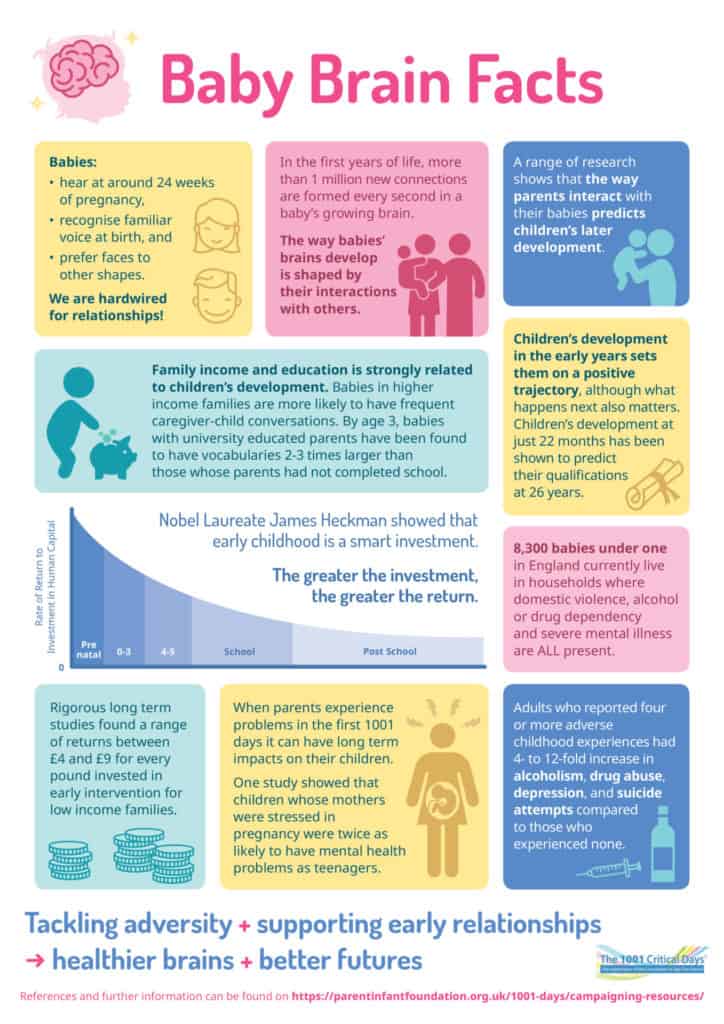 Source: bing.com
Source: bing.comThe first three months of a baby’s life are a time of rapid development, both physically and mentally. One of the most critical areas of development during this time is the brain, which is growing and changing at an astonishing rate.
Table of Contents
What Happens During the First Month?
During the first month of life, a baby’s brain is busy making connections between neurons. These connections form the foundation for all future learning and development. At this stage, babies are largely focused on developing their basic senses, such as touch, hearing, and smell.
Most of a baby’s time during this stage is spent sleeping and feeding, but it’s still important to encourage their development by engaging with them through gentle touch, talking to them, and exposing them to different sounds and smells.
How Does the Brain Develop During the Second Month?
By the second month, a baby’s brain has already begun to develop more complex neural connections. They’re starting to recognize familiar faces and sounds and respond to them with smiles and coos. At this stage, tummy time is critical for strengthening the muscles that support head movement and promoting good posture.
It’s also important to continue engaging with your baby by talking to them, singing to them, and reading to them. Even though they may not understand the words, the sound and rhythm of your voice will help stimulate their developing brain.
What Happens During the Third Month?
During the third month, a baby’s brain is starting to develop the ability to process more complex information. They’re beginning to recognize patterns and develop a sense of cause and effect. They may also start to grasp objects and bring them to their mouth.
At this stage, it’s important to continue providing plenty of stimulation through different sights, sounds, and textures. You can also start playing simple games with your baby, such as peek-a-boo, to encourage their developing sense of object permanence.
Conclusion
The first three months of a baby’s life are a critical period for brain development. By engaging with your baby through gentle touch, talking to them, and providing plenty of stimulation, you can help support their developing brain and lay the foundation for a lifetime of learning and growth.
Frequently Asked Questions
Q: How much should I talk to my baby?
A: Talk to your baby as much as possible! Even though they may not understand the words, the sound and rhythm of your voice will help stimulate their developing brain.
Q: How often should I engage in tummy time?
A: Aim for at least a few minutes of tummy time several times a day, gradually increasing as your baby gets stronger.
Q: What are some good toys for promoting brain development?
A: Simple toys like rattles, teething rings, and soft blocks can be great for promoting brain development in the early months. As your baby gets older, you can introduce more complex toys like shape sorters and building blocks.
Q: How much sleep should my baby be getting at this stage?
A: Newborns typically sleep for 16-17 hours a day, while babies at three months may sleep for around 14-15 hours a day, including naps.
Q: What if I’m worried about my baby’s development?
A: If you have concerns about your baby’s development, talk to your pediatrician. They can provide guidance and support to help ensure your baby is on track.
